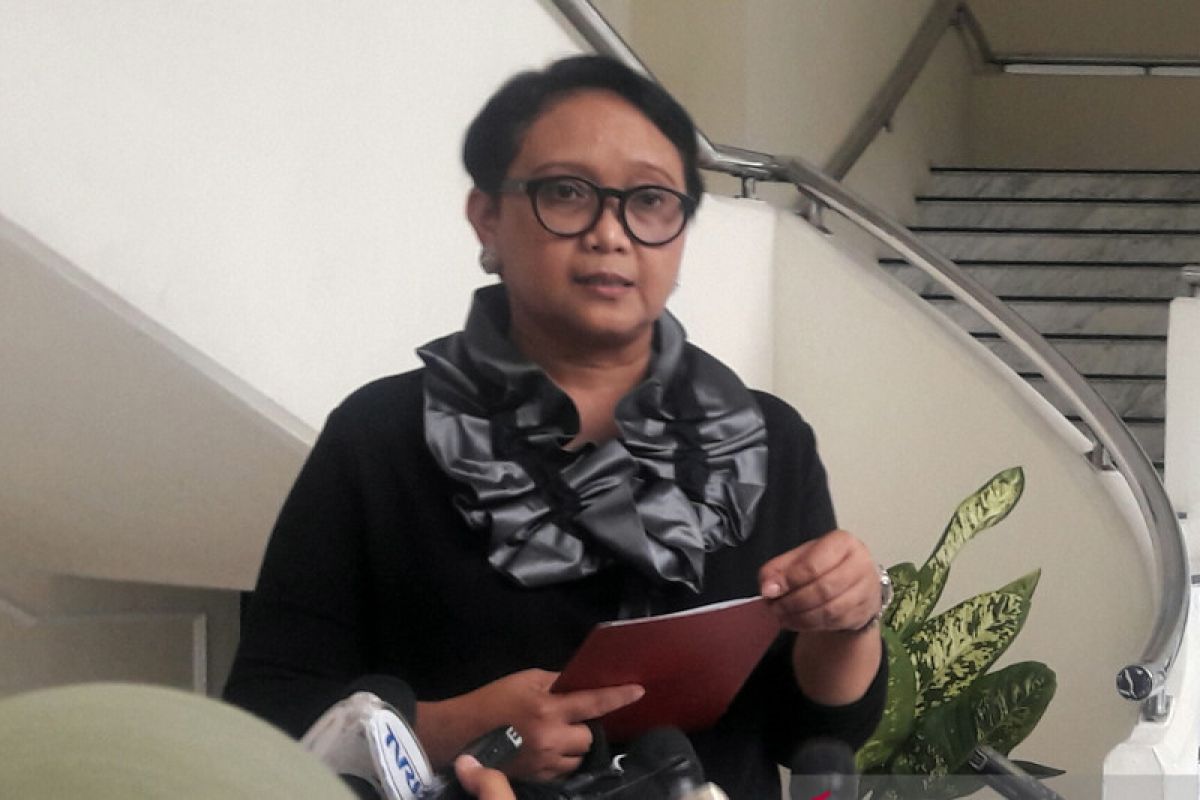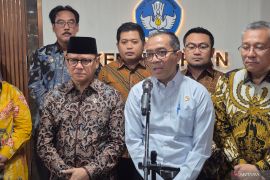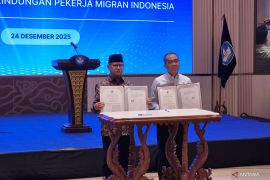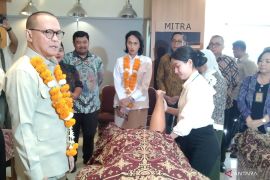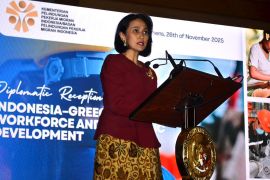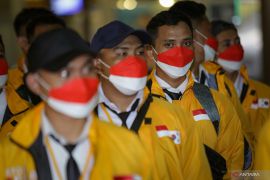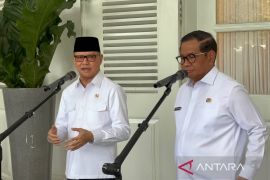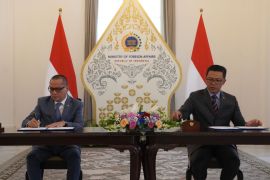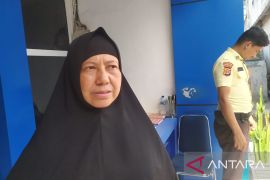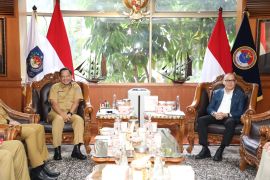Speaking to journalists after meeting with Vice President Jusuf Kalla over Japan's new immigration law in Jakarta on Thursday, she said that proficiency in the Japanese language was an important requirement.
"How can we double the number of our foreign language training centers that can reach our vocational training hubs?" Marsudi asked, adding that Japan's quota for nine countries, including Indonesia, is 345,150 workers.
During the meeting with Kalla, Marsudi was accompanied by Manpower Minister Hanif Dhakiri and the Agency for the Placement and Protection of Indonesian Migrant Workers (BNP2TKI) Head Nurson Wahid.
In addition to knowing Japanese, Dhakiri highlighted another requirement that Indonesian migrant workers who wished to work in Japan should have—employability.
He shared Marsudi's view on the importance of increasing the number of Japanese language training centers attached to vocational training hubs in the country, saying that this must be done in order to help Indonesians who wished to work in Japan.
"This is challenging and needs to be sorted out well in advance," Dhakiri said, adding that the quota of migrant workers for Indonesia is dependent on the outcome of the negotiations between the Indonesian and Japanese Governments.
The Indonesian Government would also identify the employment sectors in Japan that Indonesians may be able to occupy by considering Indonesia's domestic interests, he said.
Eight other countries whose workers are also eligible for employment in 14 sectors, including nursing, cleaning service, health, and the machinery industry, are Vietnam, the Philippines, Cambodia, Nepal, Myanmar, China, Bangladesh, and Pakistan.
Japan will bring into effect its new immigration law from April 2019.
EDITED BY INE
Translator: Bayu P, Rahmad Nasution
Editor: Fardah Assegaf
Copyright © ANTARA 2019
